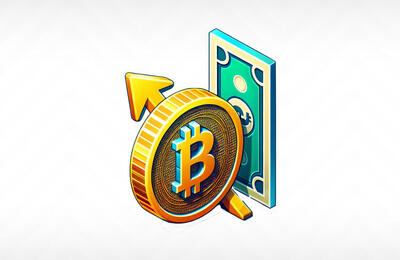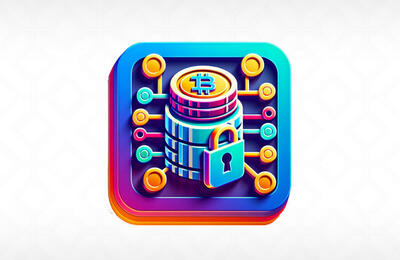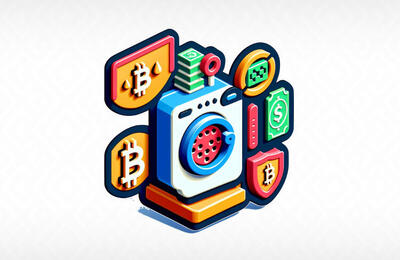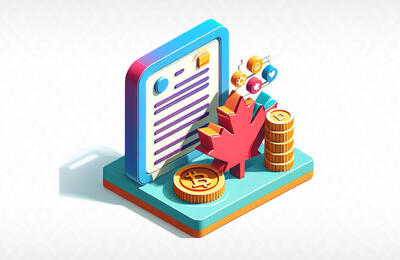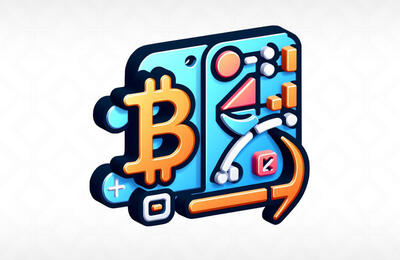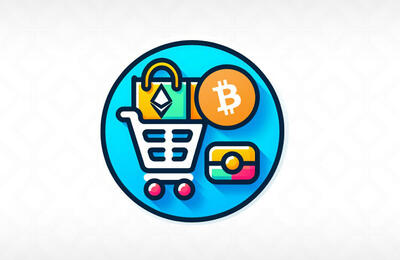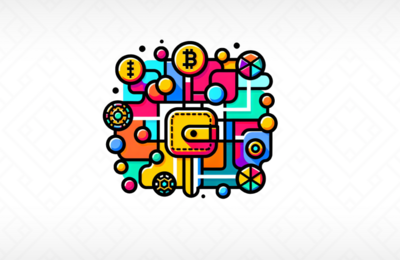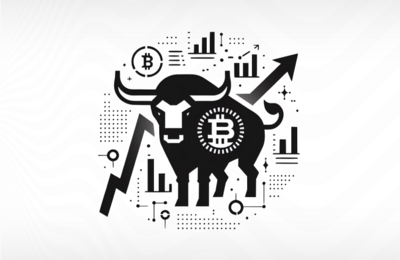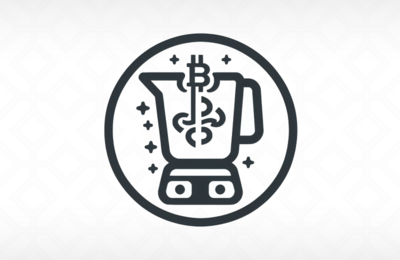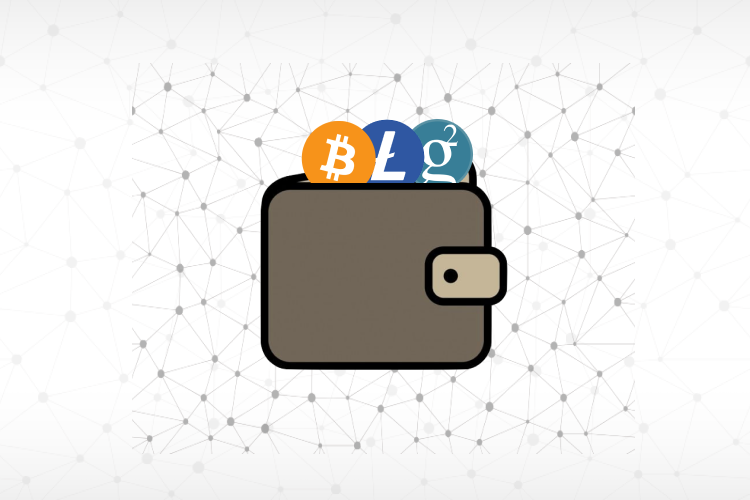
It is needed to know that cryptocurrency assets are not contained in the wallet, but in the blockchain of a certain coin. Any storage, such as the multi-currency wallet BitMarket Network Client, is simply software that stores a list of addresses for various electronic money.
By the type of interaction with the Internet, they can be divided into hot and cold. The first — those that are constantly connected to the Network, the second — that are connected only when the owner wants.
According to the method of interaction with the owner, wallets are software, hardware and paper. It is no longer accepted to use the latter in the modern crypto world, because of its obsolescence. No less secure, but more practical, it’s alternative — hardware storage.
Most often, software is hot, hardware is cold.
The main purposes of wallets:
1. generating the necessary information for sending, receiving and exchanging cryptocurrency through blockchain transactions.
2. providing an address (alphanumeric identifier), where assets can be sent.
The key for understanding the functionality of any cryptocurrency wallet is simple: it can be associated with online banking, the address of the wallet with an account number, a blockchain as a bank account.
Public addresses are similar to specific crypto accounts. They can be used to receive a certain type of cryptocurrency (for example, you need a bitcoin address to receive BTC) and they can be posted for everyone to see.
Each address is related to all transactions associated with it in the blockchain of a particular altcoin (token).
Types of Blockchain wallets
Some wallets are designed for only one type of coin, others can be used for more than one coin; other wallets can be managed independently (not custodian), and the latter, such as on some cryptocurrency exchanges, will be custodian.
Each type of wallet is different, but in general, any of them will work with one or more crypto-currencies and will be able to store one or more public addresses.
* Full Node: contains a complete copy of the blockchain, private key management is independent.
* Custodian: some of them allow the owner to manage his private key, for others the keys are kept by the custodian. The second is the practice of centralized exchanges. This way of storing funds is more practical, if you lose your keys, access can be easily restored. Such services do not contain funds in hot wallets.
* Desktop or local: An application that connects directly to the client of the coin. Usually
This program was created for a specific operating system, such as Windows, Mac OS, or Linux. There are also cross-platform desktop crypto wallets, which are not tied to a specific operating system.
One of these is a multicurrency wallet Bitmarket Network Client. It is created for transactions with various cryptocurrencies and combines open source and two-factor authentication.
- Mobile: essentially the same software, but with the ability to run from a mobile or tablet.
- Internet: networked, doesn’t require downloading the application on a device, and the data is located on a real or virtual server. Some of them can be hybrid, allowing personal data to be encrypted before being sent to an online server.
— Software: they are downloaded to the computer's hard drive. They are considered to be a safer storage than cryptocurrency exchanges.
— Hardware: a special degree of security, issued on a carrier. This may include USB devices, flash cards that connect to the Internet for a while, send and receive data, and then turn off.
- Paper: This is a QR code printed on paper. Applicable for public or private keys. It is considered as the worst way of storing, since the paper is easy to lose.
— Universal: a wallet that can store addresses for multiple coins at the same time. It is worth considering that there is no single wallet for all cryptocurrencies, and if you are persuaded, for example, to download a similar one, most likely these are hackers.
All types of wallet have both the cons and pros. It is important to find something suitable for you.


